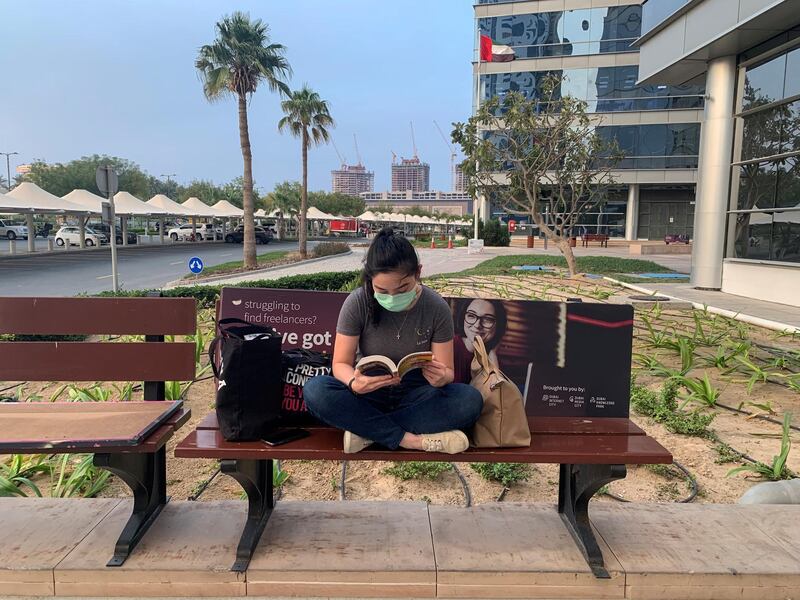As we find ourselves in the midst of a pandemic, most of us find our lives reduced to the space between the four walls of our homes. So now we are seeking refuge in all those parts of life which normally, for most of us, are secondary when we are busy just living.
Hobbies have turned into necessary daily rituals to help us stay positive and sane. We find ourselves creating and consuming art – painting, music, writing, reading, filming, cooking and the list goes on.
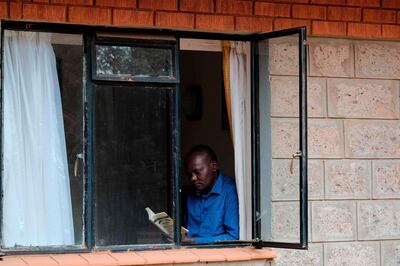
What draws us to these activities in desperate times is the stories they allow us to experience. The overindulgent nature of modern life may have prepared us for evenings of Netflix and meals delivered to our homes, but not for a life of social distancing.
We find it unbearable to live in a world where our needs and cravings are not instantly met and where we are not constantly entertained.
So we try to make sense of it all through the activities we have been neglecting, but that have been available to us all along.
We look for hope through stories. The stories in books, movies and shows that help us connect with our humanity.
Every day we look for the stories that make us laugh, cry and keep our senses alive. The stories that distract us from our realities.
We seek out the stories experts tell us in interviews and documentaries. The ones trusted news sources tell us, followed by the analysis of thought leaders we respect. Then there are the stories we tell ourselves and believe to be true.
Every day, we monitor the spread of Covid-19 around the world. This story is non-fiction but can feel like sci-fi or dystopia. We see the numbers rise from one day to the next in some countries while in others they seem under control.
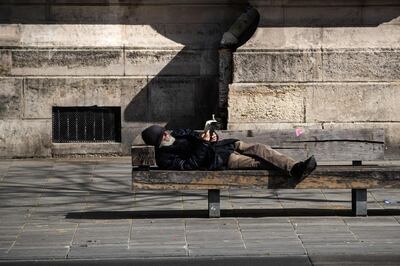
Through our own analysis of the figures we are rewriting in our minds the stories of nations. The nations that are exemplary in their ability to look after their people. Those that are providing the necessary healthcare support and preventative measures to ensure the health and safety of their nation.
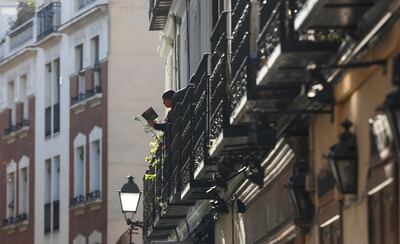
Overnight, we have seen some of the most powerful countries in the world unable to cope in the face of this pandemic. Meanwhile, others act fast in protecting their own people and go on to extend support to other nations. For the first time in recent history there is no visible bias due to passport, bank statement or social status. We are all equally at risk. Nobody is immune and none of us can travel.
As a result of human activity, or hyperactivity, over the last decade we have seen species go extinct, countless acres of deforestation across the earth’s surface and our planet deteriorating at an unfathomable rate.
Scientists have been calling for urgent action towards sustainable living and global legislation against the burning of fossil fuels. But we have not acted fast enough. We could see the numbers but we never truly accepted our own role in making changes. Across the world, we shared a deeply rooted and wilful denial of the scale and urgency.
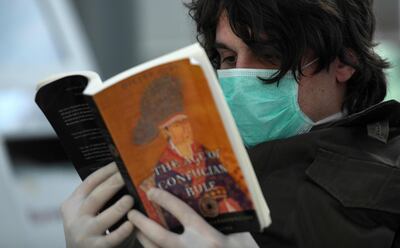
Today, due to the sudden decrease in human destructive activity and widespread shutdown across the planet, we have seen the biggest drop in carbon emissions in 30 years.
The story that I have been seeking out is the one where the universe is taking matters into its own hands, giving our planet the breathing space it desperately needs.
It is a fable of humans who love nothing more than themselves and their own well-being, and therefore the only thing capable of changing their behaviour was an even greater threat to their lives.
This threat doesn’t affect other species, nor trees, plants or forests. It doesn’t touch the oceans or the mountains.
But it will get every single one of us if we don’t stop, take ten steps back, stay home and let the planet heal. Mother Earth is taking back what is hers.
If this were a fable, that is where it would end. But this is a story with ambiguity. Both sides have their reasons; neither is a villain nor a hero.
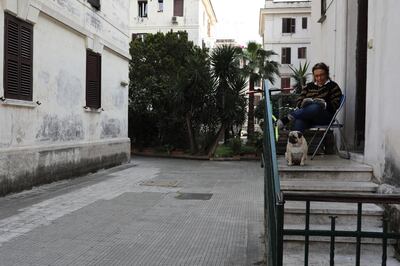
In the end, I believe we will find a way to live a balanced life, in harmony with nature. You see, we humans might be greedy in nature, but we can also adapt and be swayed when exposed to the right stories.
We long for stories which show us the light, especially when we lose our way. An author I respect once told me, "Stories calm us when life is chaotic. They offer an escape from our realities and an opportunity to live in somebody else’s shoes, if only for a little while".
This time, may we live a little in our planet’s shoes.
Ahlam Bolooki is festival director for Emirates Airline Festival of Literature
